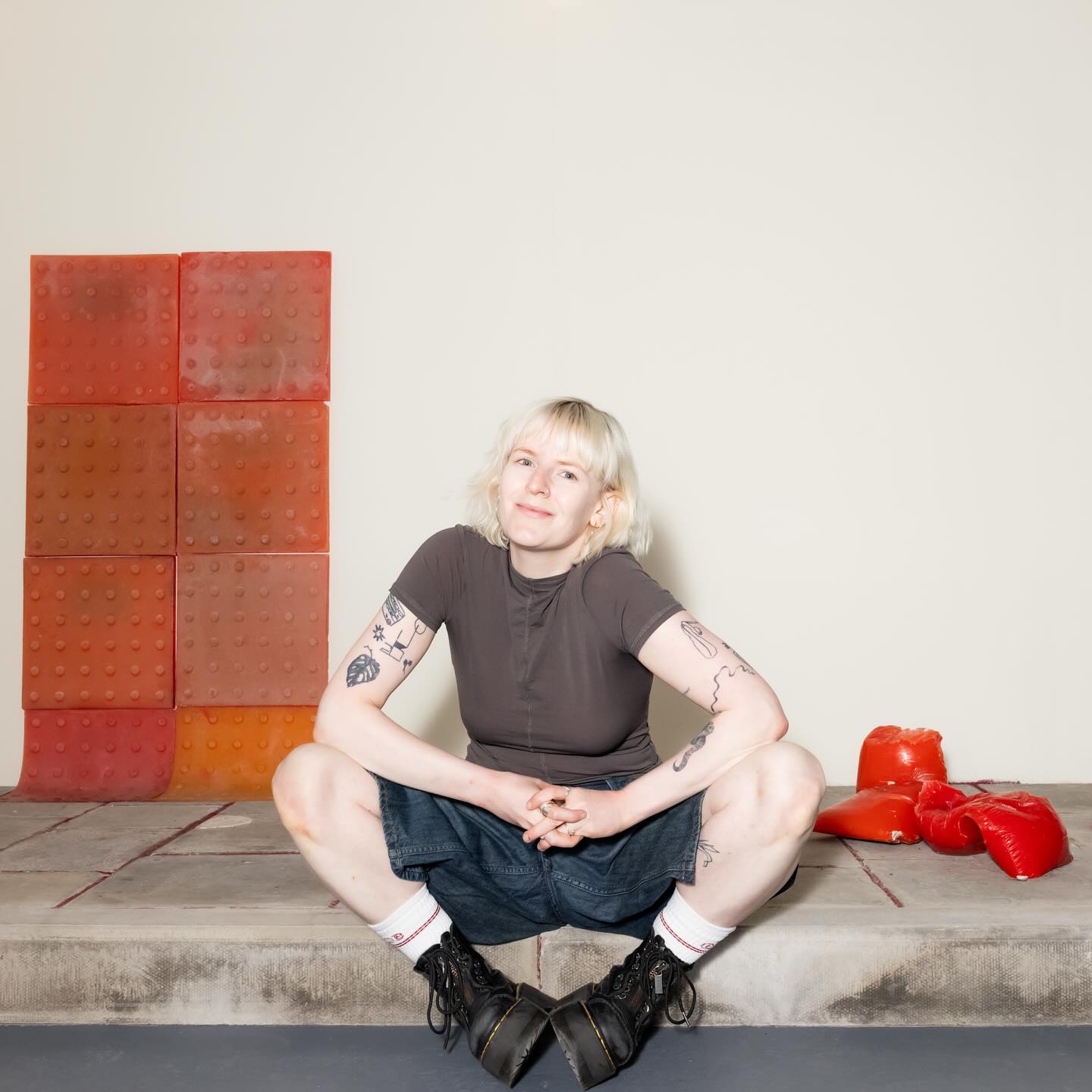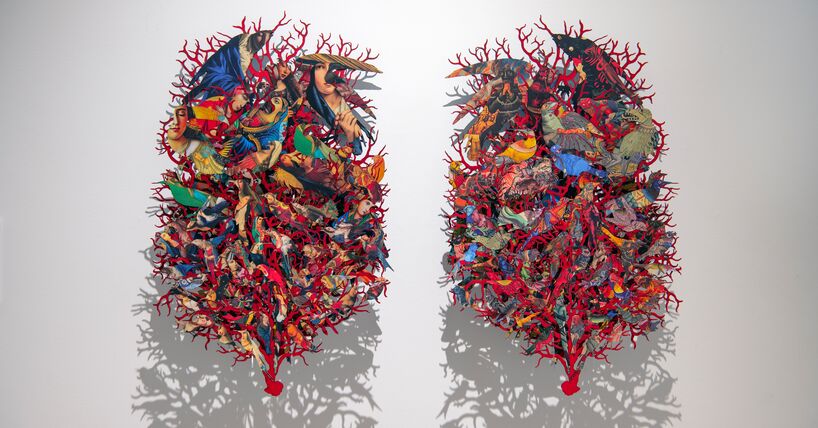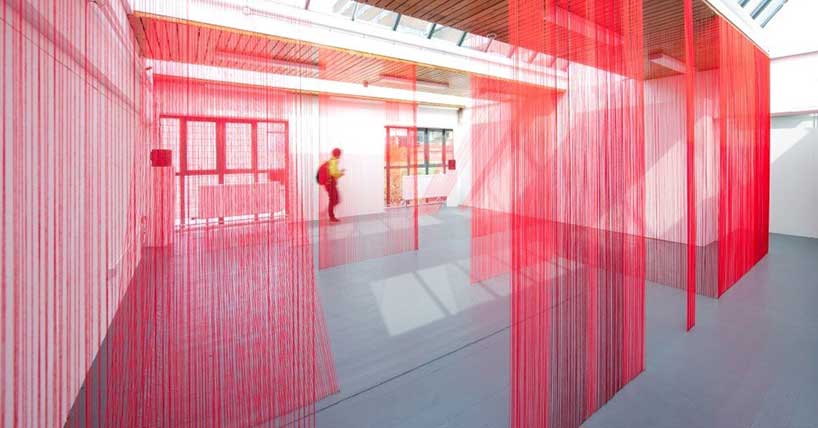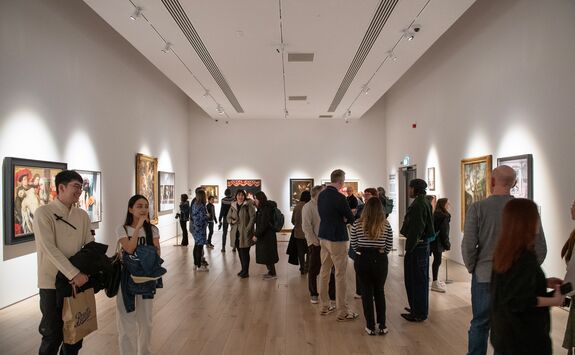Master's degrees in Fine Art
Our Master's degrees are your next step after undergraduate study and allow you to specialise in your chosen field.
Our Programmes
Our programmes are taught by staff engaged in a wide range of innovative practices and research in contemporary Fine Art and Art History. This includes all areas of:
- fine art
- digital cultures
- digital and time-based art
- sound, performance
- critical engagements
- collaborative and interdisciplinary practices
All with approaches to both art history and curating contemporary art.
Why study Fine Art at Newcastle?
- Join a supportive and creative environment with a committed team of academics dedicated to your individual creativity
- Exhibit your work and collaborate with other artists and art professionals
- Work in some of the best-resourced facilities in the UK, with your own studio space
- Gain the professional skills and tools needed to thrive on our innovative ‘LifeArtWork’ programme
- Our graduates are successful, with many making significant contributions to the world of art
- Learn from a range of visiting global artists, curators and art theorists at our weekly Visiting Speakers Programme
- You can study abroad with a partner institution
- Study in a beautiful, historic city. Newcastle is a dynamic, creative and exciting city, with many galleries and a thriving art scene





